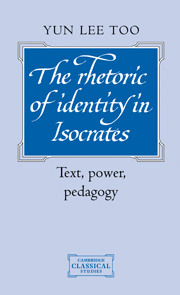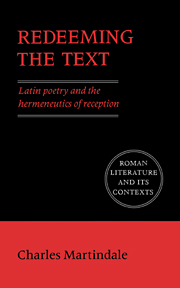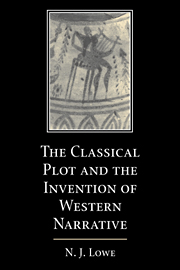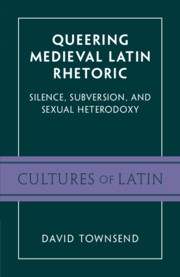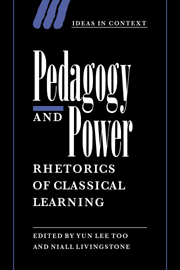The Rhetoric of Identity in Isocrates
The Rhetoric of Identity in Isocrates offers a sustained interpretation of the Isocratean corpus, showing that rhetoric is a language which the author uses to create a political identity for himself in fourth-century Athens. Dr Too examines how Isocrates' discourse addresses anxieties surrounding the written word in a democratic culture which values the spoken word as the privileged means of political expression. Isocrates makes written culture the basis for a revisionary Athenian politics and of a rhetoric of Athenian hegemony. In addition, Isocrates takes issue with the popular image of the professional teacher in the age of the sophist, combating the negative stereotype of the greedy sophist who corrupts the city's youth in his portrait of himself as teacher of rhetoric. He daringly reinterprets the pedagogue as a figure who produces a discourse which articulates political authority.
- Very little else available on Isocrates
- Offers a sustained reading of all the remaining works of a single author
- Examines the nature of literacy from social, political and literary perspectives
Product details
April 1995Hardback
9780521474061
290 pages
216 × 140 × 21 mm
0.52kg
Available
Table of Contents
- Introduction
- 1. Isocrates and logos politikos
- 2. The unities of discourse
- 3. The politics of the small voice
- 4. Isocrates in his own write
- 5. The pedagogical contract
- 6. The politics of discipleship
- Brief afterword
- Appendix 1. Isocrates and Gorgias
- Appendix 2. Concerning the chariot-team.

